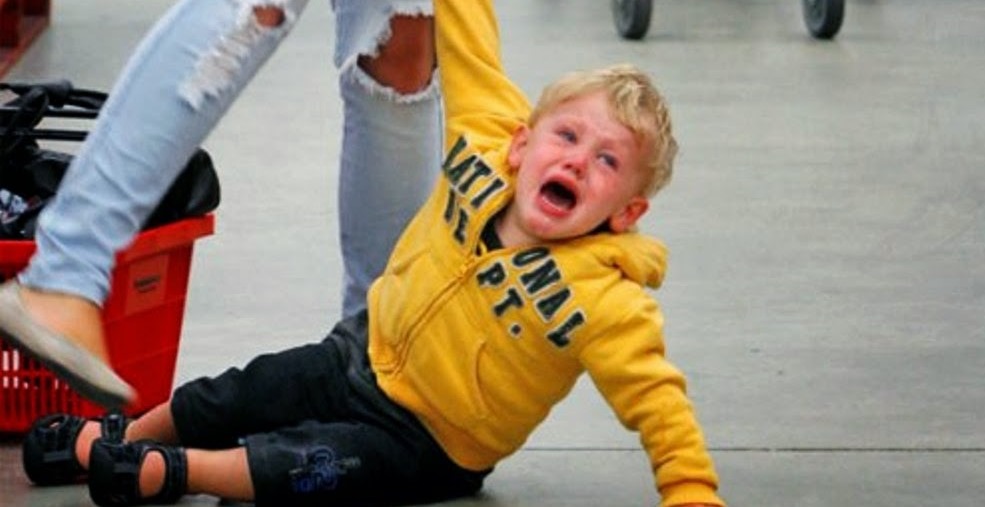Tantrums and meltdowns are very common and a normal thing for growing kids. But sometimes these meltdowns are so emotionally & physically draining for parents that they too end up having a meltdown at times. Studies show that 60 – 90% two year olds throw tantrums – also known as “Terrible Two” phase. Its worst at around 2.5 – 3 years when the frequency can be as regular as daily. The good news is by the age of 5, the tantrums are usually a history. But to deal with these episodes when they occur is a big challenge for parents.
To understand how to calm your toddler when they have a tantrum & temper fit, it is first important to understand what causes these tantrums. The most important causes of these tantrums are
- Too Tired – The most common reason for toddler tantrum is when toddlers are too tired & yet they refuse to nap, rest or sleep.
- Too Hungry – Being hungry is also a major reason why kids end up being cranky & have a temper fit.
- Too much to handle – When there is too much to do and too less a transition time, like moving from one activity to another, doing too many activities in a short span, kids get irritated & end up in a tantrum or meltdown.
- Distracted Parents – Kids crave attention from parents. But if the parents are too busy with their laptops or mobile phones, or are busy talking to someone when kids want them to look at them, kids can end up in crying for attention.
- Asked to switch off the fun mode – When kids are enjoying way too much at a birthday, playdate, a party or park and are told its time to go home, they usually would throw a tantrum fit to avoid the parents from taking them away.
Although we know the reasons for these episodes, but still tantrums are unavoidable. All we can do is try to calm the kids and make sure the tantrums reduce over time. Here is a list of few techniques & strategies for parents.
- Avoid over stressing the toddler. Kids don’t know how to process tiredness & pressure & end up crying & having a meltdown.
- Don’t lose your cool with the child & stay with them. Seeing an angry or frustrated parent screaming or storm out will only worsen the situation for the toddler.
- No matter how bad the tantrum is or how many people are watching, don’t give in to unreasonable demands or try to negotiate with the toddler. This will only teach them to throw tantrums more often & getting their way.
- Once the storm is silent, talk to your child. Try to help them to put their feelings in words & express themselves. This will definitely help in future tantrum fits. Make sure to tell the child that you love them no matter what.
- If you see a pattern in reasons of tantrums, try to avoid the situations & stimulus creating them.
- Keep off limits objects away. It’s better to be cautious rather than later saying NO and ending up in a meltdown situation.
- Give your kids control over little things. Tis will empower them & can be used as a great distraction task when you see a tantrum on its way.
Of course we need to manage the regular tantrums of our toddlers but also be vigilant as a parent. The unusual meltdowns might also be pointing towards a bigger problem in hand like physical, emotional or development issues, signs of abuse etc. which need special attention & intervention altogether.
— Shalu Sharma Rathod —
Image Source: Pop Sugar

